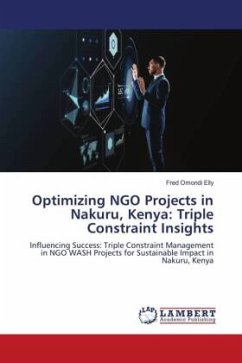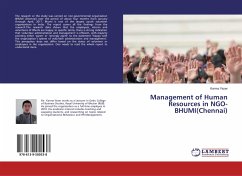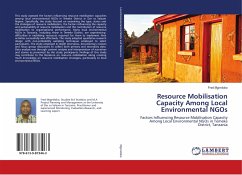In this study, we address the global concern of Water, Sanitation, and Hygiene (WASH) projects, particularly focusing on the challenges in project completion faced by Non-Governmental Organizations (NGOs) in Nakuru County, Kenya. With 565 million individuals in Sub-Saharan Africa lacking access to sanitation and 330 million lacking safe water, the need for effective WASH projects is evident. The study explores the influence of triple constraints-project scope, schedule, and cost management-on the completion of NGO projects. Despite the growing emphasis on project management education globally, projects often deviate from their scope, approved cost, and agreed-upon timeframe. The research, conducted through a descriptive survey design with 78 participants, reveals a significant relationship between project scope, schedule, and cost management and the successful completion of NGO projects in Nakuru County. The findings suggest the need for further exploration of management practices' effects on the triple constraint and advocate for additional research on the impact of Monitoring and Evaluation on improving project performance nationwide.
Bitte wählen Sie Ihr Anliegen aus.
Rechnungen
Retourenschein anfordern
Bestellstatus
Storno








